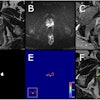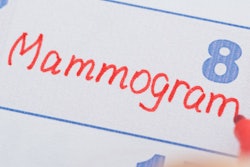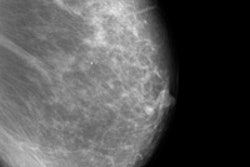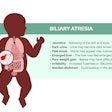Patient information leaflets did not affect the willingness of women to participate in mammography screening, a German study has found.
In Germany, an invitation to undergo mammography screening is sent to all women between the ages of 50 and 69, and it is accompanied by an information leaflet explaining the advantages and disadvantages of screening. In a study published in Deutsches ärzteblatt International (January 2015, Vol. 112:5, pp. 61-68), Elisabeth Gummersbach and colleagues report that the leaflet itself made little or no difference to the women's willingness to participate.
Rather, the most important factor in the decision whether to be screened was usually a doctor's personal recommendation. Only 3.6% of 353 questionnaire respondents said the leaflet played a role in their decision, while nearly 50% said their doctor's recommendation was a major factor.
These findings imply that a leaflet alone does not enable women to make a well-informed decision about mammography screening, as required by current German law, according to the authors. They recommend that women who are candidates for mammography should have a personal discussion with an appropriate professional about this subject, in addition to being given suitable written information.



















